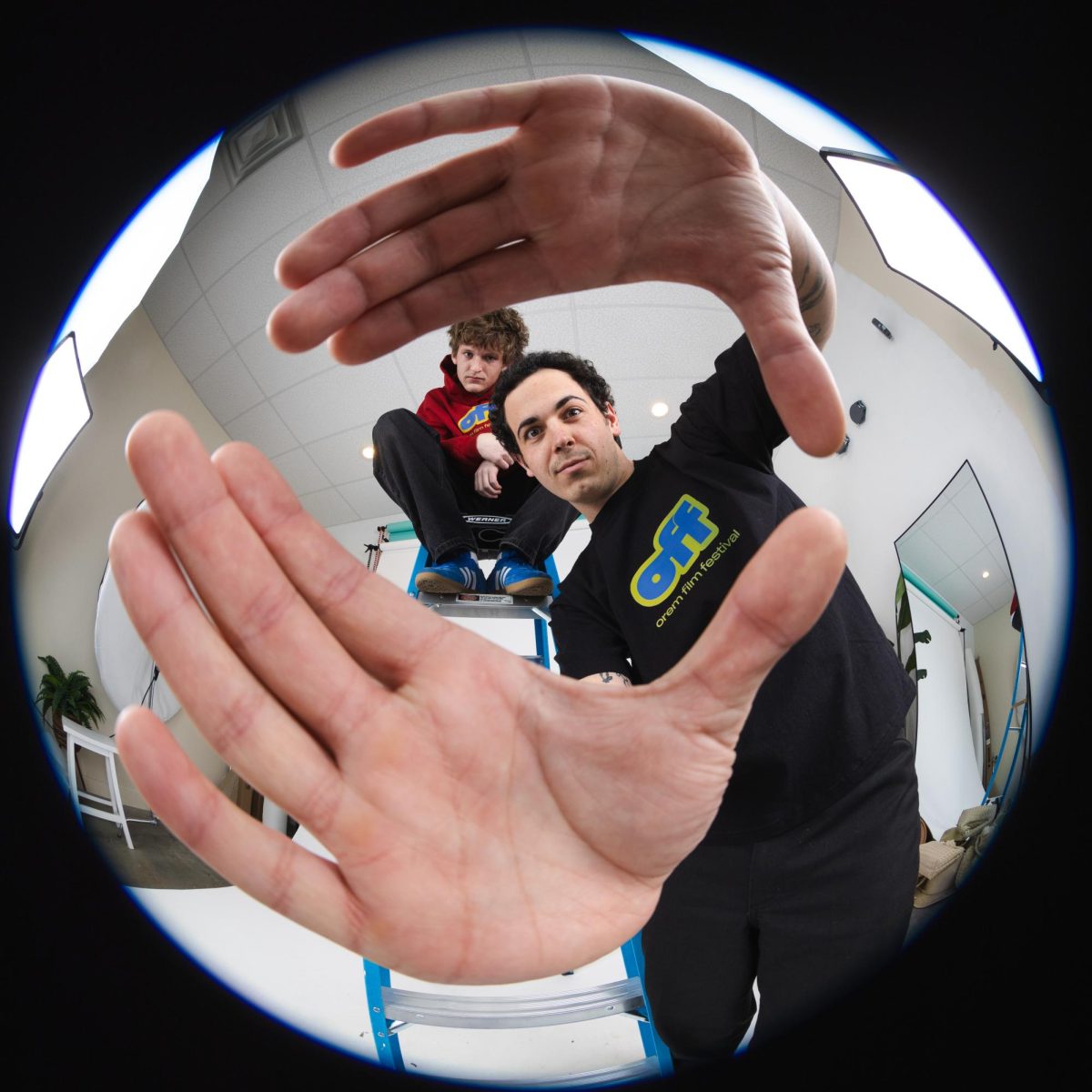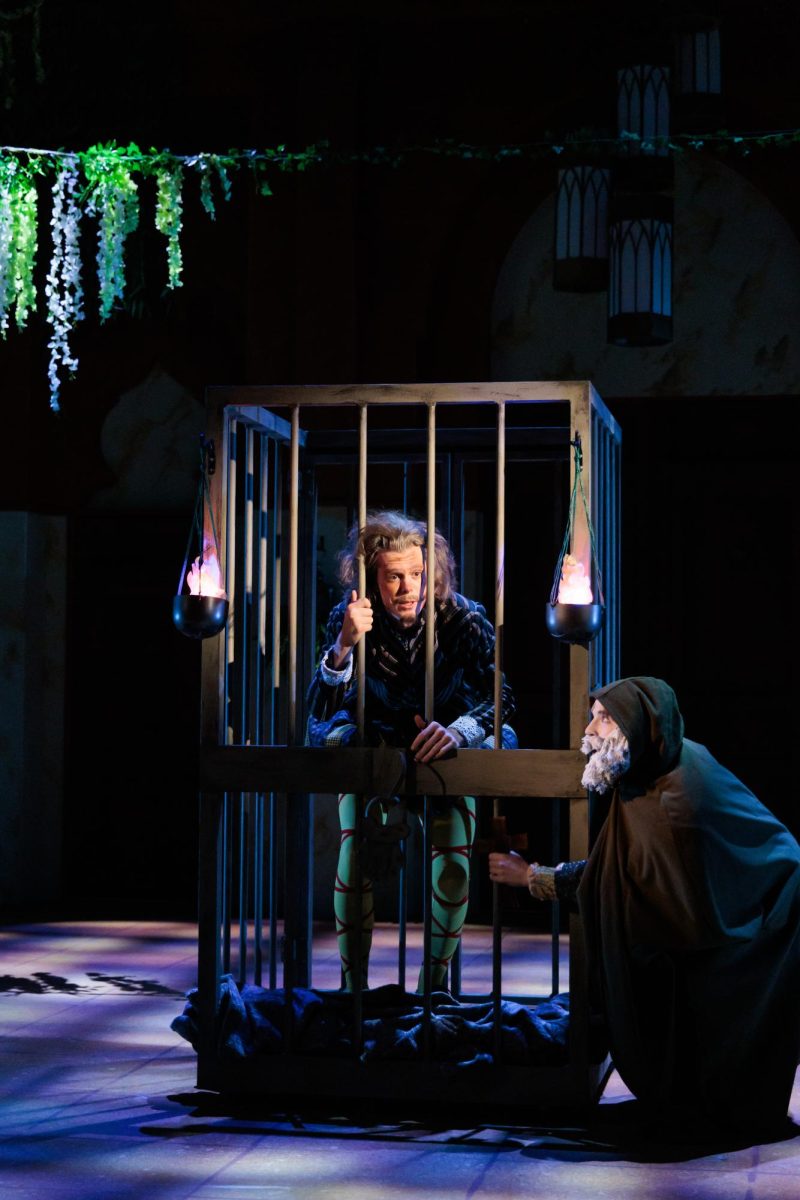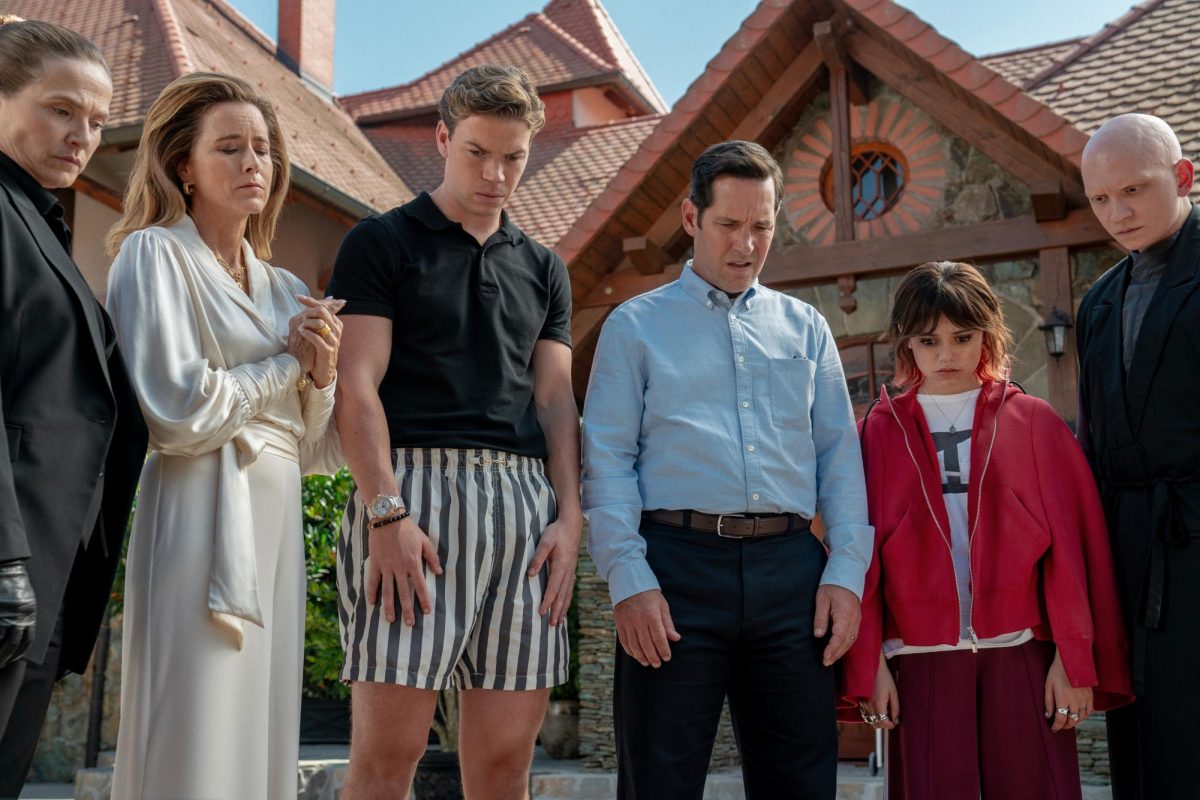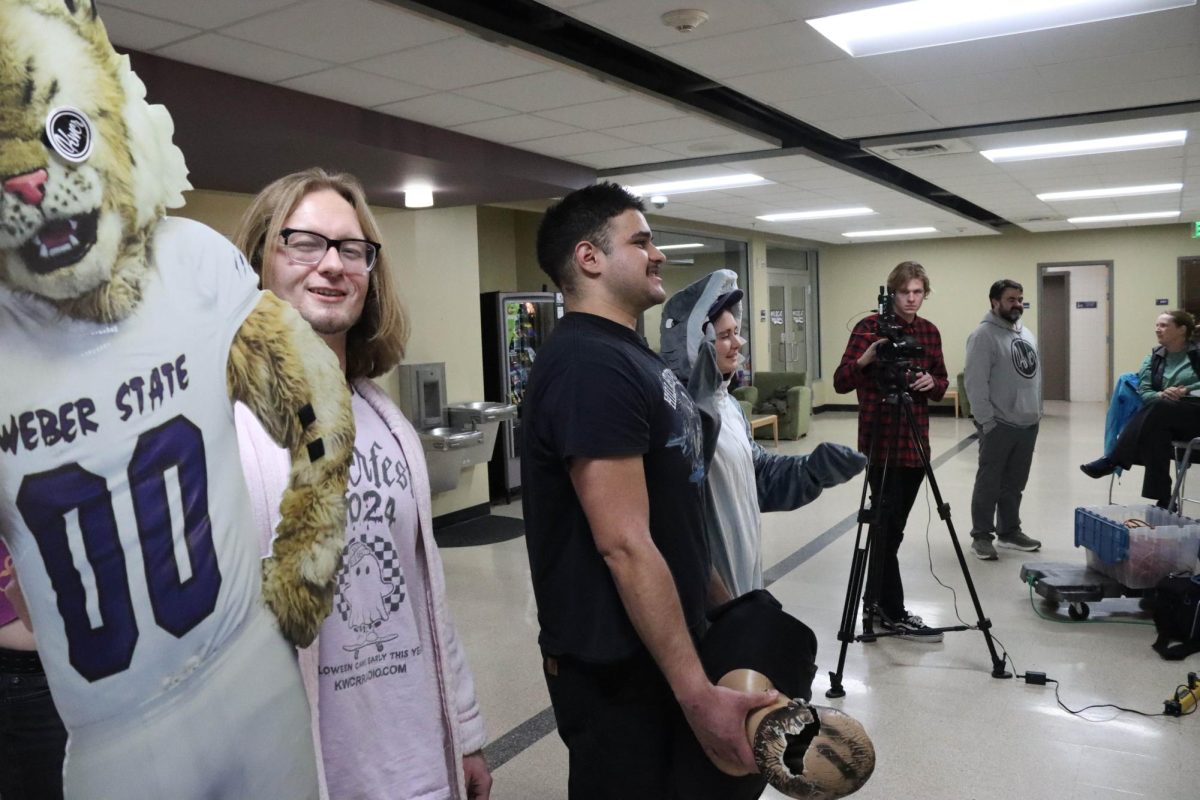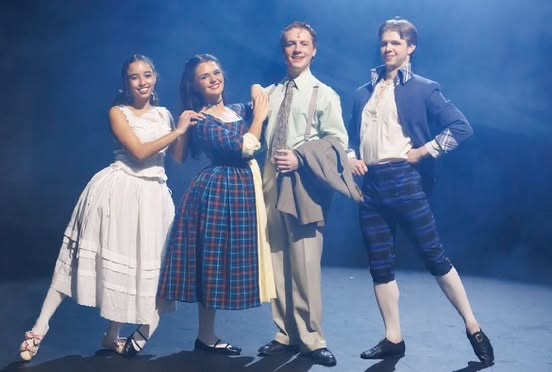The WSU vocal department and symphony orchestra joined forces to present Mozart’s opera “The Marriage of Figaro,” which captivated both the audience and the cast members.
Performances ran from March 23-25 at 7:30 p.m. and a 2 p.m. matinee on Saturday at the Austad Auditorium. The opera was directed by Dr. Karen Bruestle and conducted by Dr. Francisco de Galvez.
As a love story between two servants, Figaro and Susanna, and an intervening Count, the opera contains both humor and drama.
According to Dr. Bruestle, “The Marriage of Figaro’s background provides much amusement and curiosity about its social and political statements.”
Originally written as a play by Beaumarchis, European aristocrats deemed the initial publication controversial, as the plot confronts the rigid social classes of its time, Dr. Bruestle stated. Later, Mozart adapted the play into an opera with the help of his librettist, Lorenzo da Ponte.
Dr. Bruestle continued, “Both the play and the opera clearly illuminate the limitations of rank and privilege. The opera teaches us — the audience member — how common sense can readily overcome wealth and power, and that genuine humility will always win the upper hand over self-indulgence and pride. The Marriage of Figaro truly transcends the boundaries of place and time.”
The piece was performed in Italian, and the stage was equipped with a large flat screen television set on either side of the stage, showing the English subtitles. The recitatives, or parts of the opera that are used to explain the plot through song, were sung in English.
Student performers did not use microphones, relying on the power and vibrato of their voices.
Melissa and Tyler Quigley, who attended to watch their daughter Macey sing, said that they were “impressed with the talent” of the operatic singers and symphony members.
“The acting and music is great together,” Tyler Quigley said.
Melissa Quigley continued, “They invested a lot of time to pull [the show] off.” She said her daughter spent every night for the past several weeks rehearsing for “hours and hours,” often arriving home after midnight.
Jenny Kokai, a professor at WSU, was also in the crowd, supporting some of her students.
“It’s great to see the work of your colleagues,” she said.
While the opera showcases Mozart’s genius, it also demonstrates the talents and efforts of the WSU vocal department and symphony.
Bridger Silvester, a Communications major, played Don Curzio, the stuttering judge.
Before recently, Silvester was a percussionist; however, after serving an LDS mission in South Africa, he discovered that he had a love for singing. With the opportunities to perform and supportive mission companions, Bridger determined before returning to Utah that he would pursue his passion for singing.
He began taking voice lessons and auditioned for a scholarship for the vocal department, which led to his involvement with The Marriage of Figaro.
Working with fellow students “has been fantastic,” he said. “The cast blows me away with how talented they are.”





